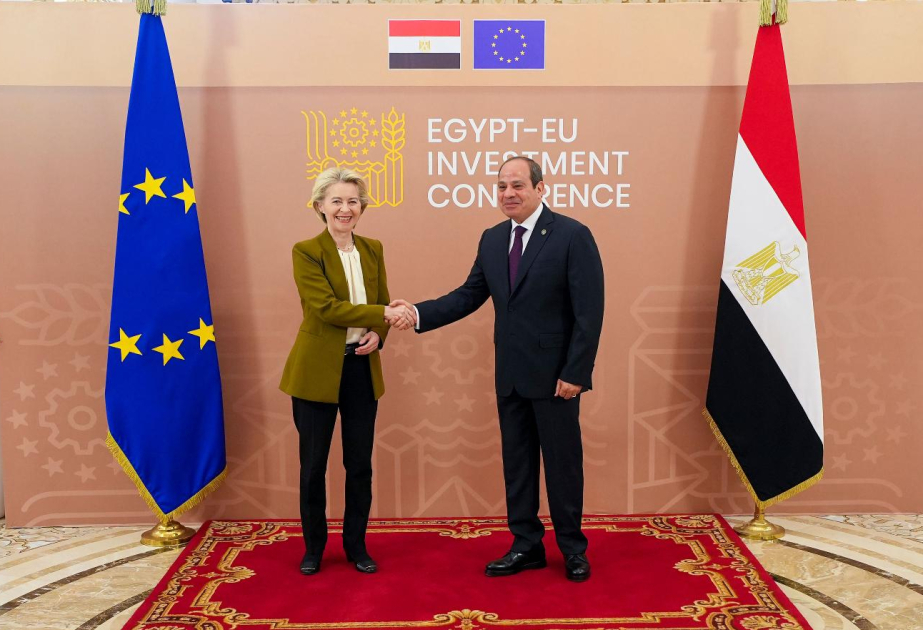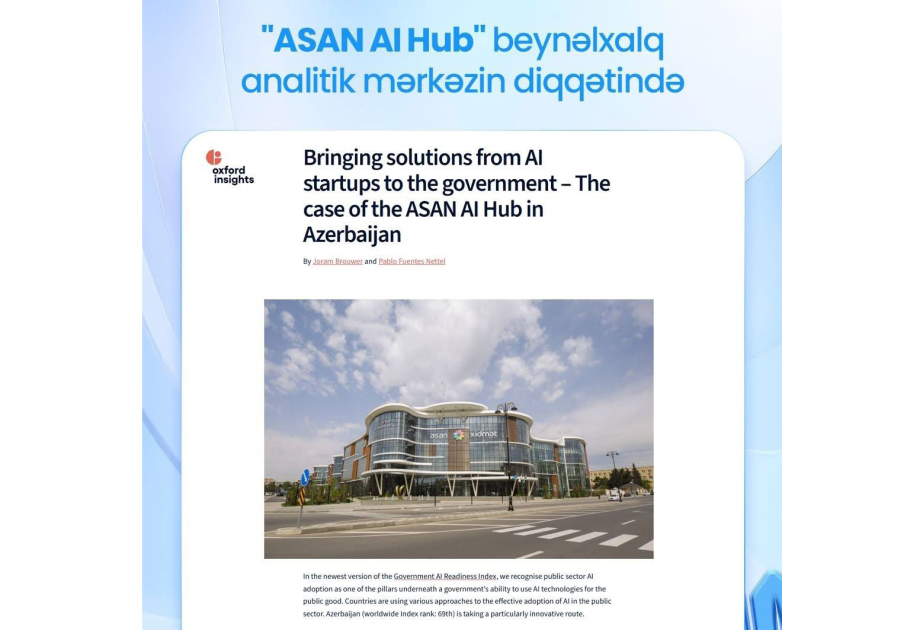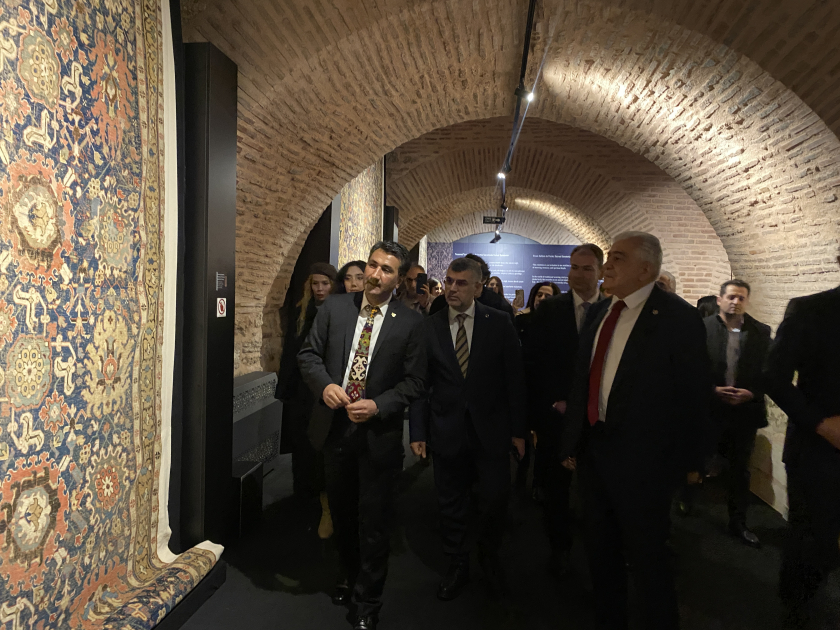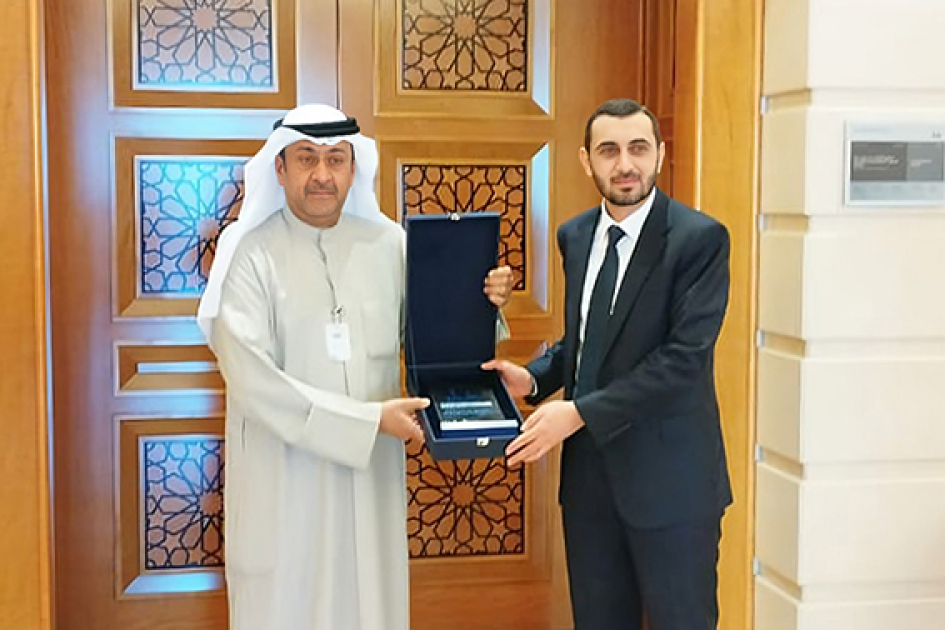A two-day Egyptian-European investment conference concluded here on Sunday, with both sides signing investment deals worth tens of billions of U.S. dollars, according to Xinhua.
On Sunday, on the sidelines of the Egypt-EU Investment Conference in Cairo, the Sovereign Fund of Egypt and the Suez Canal Economic Zone (SCZone) signed four agreements worth about 33 billion dollars in the field of green ammonia with European and other developers, the Egyptian cabinet announced in a statement.
The first deal, worth 11 billion dollars, was signed with German company DAI Infrastruktur GmbH, and the second, worth 4.25 billion dollars, was signed with India's Ocior Energy.
The third agreement, worth 3.46 billion dollars, was signed with an alliance of Egypt's TAQA Arabia and French company Voltalia, and the fourth, worth 14 billion dollars, was signed with Britain's BP, the United Arab Emirates' Masdar, Egypt's Hassan Allam Utilities, and Infinity Power, a joint venture of Egypt's Infinity and Masdar.
Waleid Gamaleldien, chairman of the SCZone General Authority, said during the signing ceremony that the deals reflect "the increasing interest of international companies to invest in Egypt, which confirms confidence in the Egyptian economy," according to the cabinet's statement.
The agreements were signed a day after European Commission President Ursula von der Leyen announced in her speech at the opening of the conference that European companies "are signing over 20 new deals or MoUs with Egyptian partners, which are worth over 40 billion euros (about 42.9 billion dollars)."
"This Egyptian-European cooperation will boost a number of sectors in which Egypt seeks investments from the EU, including communications, energy, digital transformation, transportation, modern irrigation, petrochemicals, food industries, and others," said Amr Saleh, an Egyptian professor of political economy and a former World Bank consultant.
"Egypt has presented to the EU an investment agenda in these sectors and hopes that it will attract European investments. If this is done, it will greatly boost the Egyptian economy," the Egyptian professor told Xinhua.



















